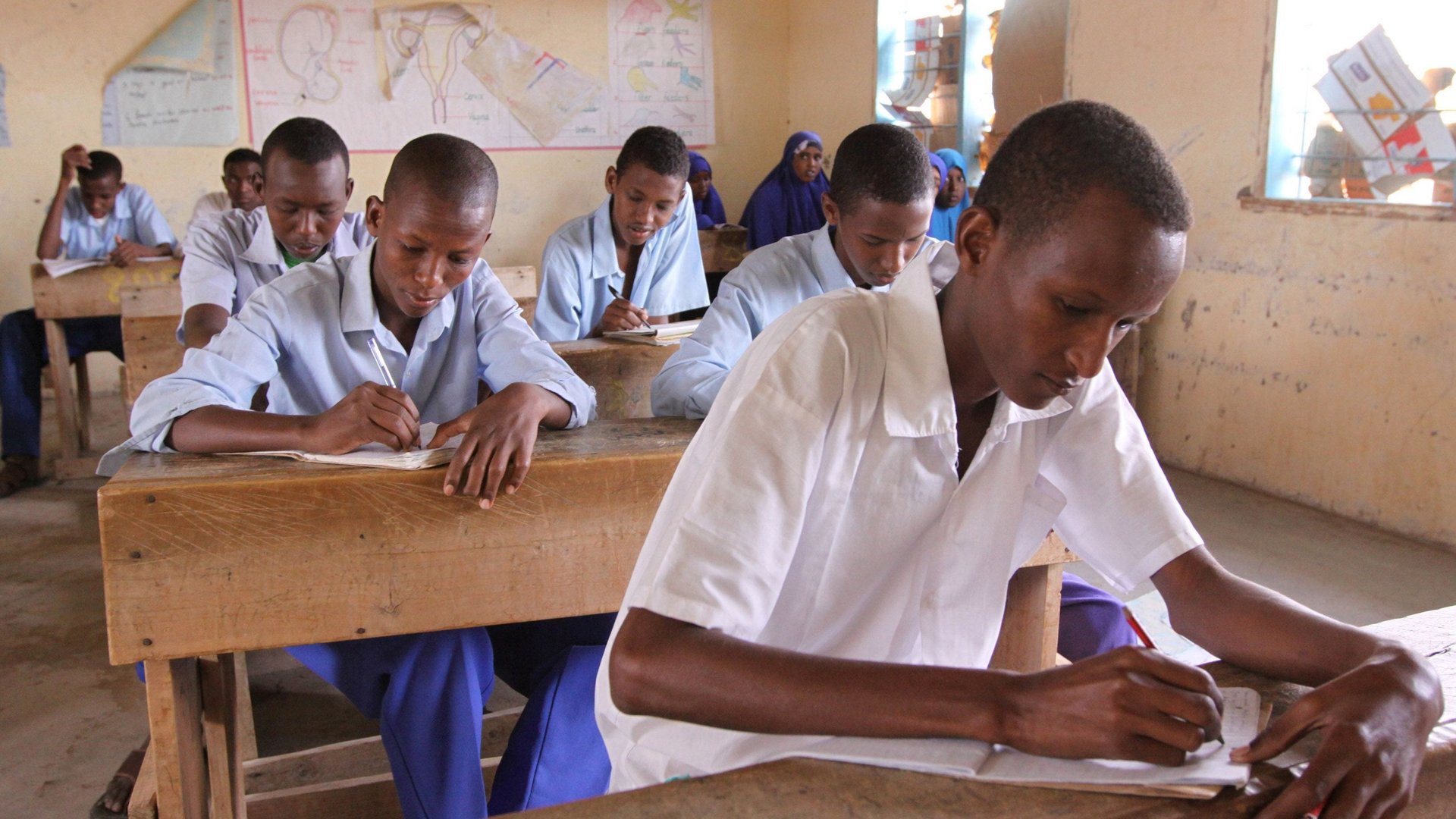Innovators are Africa’s only real hope for prosperity
As the wave of independence swept across Africa in the late 1950s, many geopolitical watchers speculated the region would soon become a significant economic and political powerhouse. There was hope that African countries would finally live up to their full potential.


As the wave of independence swept across Africa in the late 1950s, many geopolitical watchers speculated the region would soon become a significant economic and political powerhouse. There was hope that African countries would finally live up to their full potential.
George Ayittey, Ghanaian economist, wrote in Africa in Chaos, “When Africa gained its independence from colonial rule in the 1960s, the euphoria that swept across the continent was infectious. It was best evidenced by the late Dr. Kwame Nkrumah, the first president of Ghana. “We shall achieve in a decade what it took others a century… and we shall not rest content until we demolish these miserable colonial structures and erect in their place a veritable paradise.””
But no such “veritable paradise” exists. In fact, Africa remains the poorest region in the world today, with many countries in the continent poorer than they were in the 1960s. And while there are bright spots here and there of an “Africa Rising“, the majority of news from the continent is not one of a continent truly rising, but one of a continent consistently struggling. Why?
The usual suspects
The three usual suspects blamed for Africa’s economic underperformance are bad institutions, a severe lack of infrastructure, and widespread corruption. But even though the World Bank and other major development organizations spend billions of dollars annually on institutional reform projects, as much as 70% of these projects have “muted results,” or fail. In fact, the failure of these projects sometimes leaves African countries more corrupt than before the reform projects were undertaken. And while studies suggest Africa may need up to $170 billion to fund its infrastructure development annually, it struggles to maintain the infrastructure it currently has.
As I studied the problem of economic development which has evaded Africa for so long, I found a few things interesting. First, all of today’s prosperous countries have struggled with many of the things Africa currently struggles with, including the aforementioned usual suspects. Second, I also learned that the path to development for these countries look nothing like the path currently being espoused for Africa. Third and most important, I found a missing link in existing development paradigms and programs. If we focus on harnessing this missing link, African development will not only take root but it will become vibrant.
The missing link: the innovators
In the late 1990s, when Sudanese billionaire Mo Ibrahim took matters into his own hands and decided to build telecommunications infrastructure in Africa, many people laughed at him. Some thought he was crazy. But today, what Ibrahim’s Celtel (now Airtel) and several other organizations have built now adds more than $150 billion to the Africa’s combined economy annually. By 2020, the industry is forecast to support over 4.5 million jobs, pay $20.5 billion in taxes, and add more than $214 billion of value to African economies. This industry has pulled in badly needed infrastructure, regulations, and has indirectly mitigated corruption by providing people with jobs, an alternative for solving their problems unproductively.
That is how development happens, with the innovator front and center.
From Cyrus Field’s development of the first transatlantic telegraph to the construction of the first major railway in the United States by entrepreneurs in Baltimore and Ohio, innovators have always been at the frontline of economic development. In The Prosperity Paradox: How Innovation Can Lift Nations Out of Poverty, my upcoming book with Harvard Business School professor, Clay Christensen and former Harvard Business Review editor Karen Dillon, we write about the inextricable role innovation plays in development. What we find is that today’s prosperous countries didn’t first develop their institutions, build their infrastructure, and root out corruption before innovation happened. Instead, innovation served as the catalyst and impetus for the formation of these things.
In Africa’s development story, innovators have always been and continues to remain the missing link. Innovation, contrary to popular belief, isn’t a thing that happens on the fringes of society after society “fixes” itself, that is, after society builds its infrastructures and develops its courts, legislatures, financial markets, and so on. Instead, innovation is the process by which society develops itself. It is precisely through innovation that creates, or connects to, new markets that societies can create jobs, pay taxes, and build their infrastructure and institutions.
Doing is better
In David Lamb’s 1987 book titled, The Africans, Lamb writes about what Africa has. Africa has “40% of the world’s potential hydroelectric power supply; the bulk of the world’s diamonds and chromium; 30% of the uranium in the non-communist world; 50% of the world’s gold; 90% of its cobalt; 50% of its phosphates; 40% of its platinum; 7.5% of its coal; 8% of its known petroleum reserves; 12% of its natural gas; 3% of its iron ore; and millions upon millions of acres of untilled farmland. There is not another continent blessed with such abundance and diversity,” he writes.
What we learn from Africa is this: Africa has, but Africa does not yet do. At least it doesn’t do enough. And it is in the doing, not merely the having, that we create the processes that will lead to prosperity and a better life for all. It is the innovators that do. They create. They build, and in turn, economies are built around them. When their potential is unleashed and fully harnessed, Africa will transform itself from the land of poverty to the land of possibility. This is Africa’s only hope.
Sign up to the Quartz Africa Weekly Brief here for news and analysis on African business, tech and innovation in your inbox